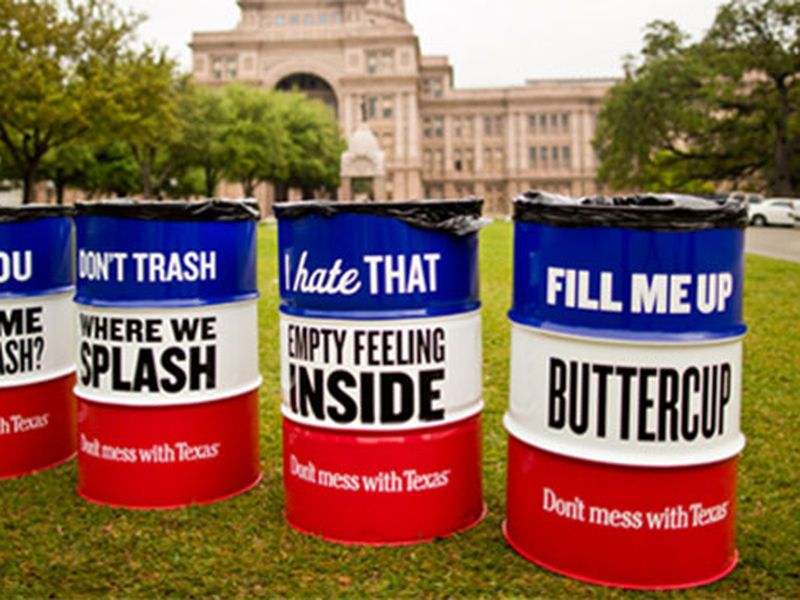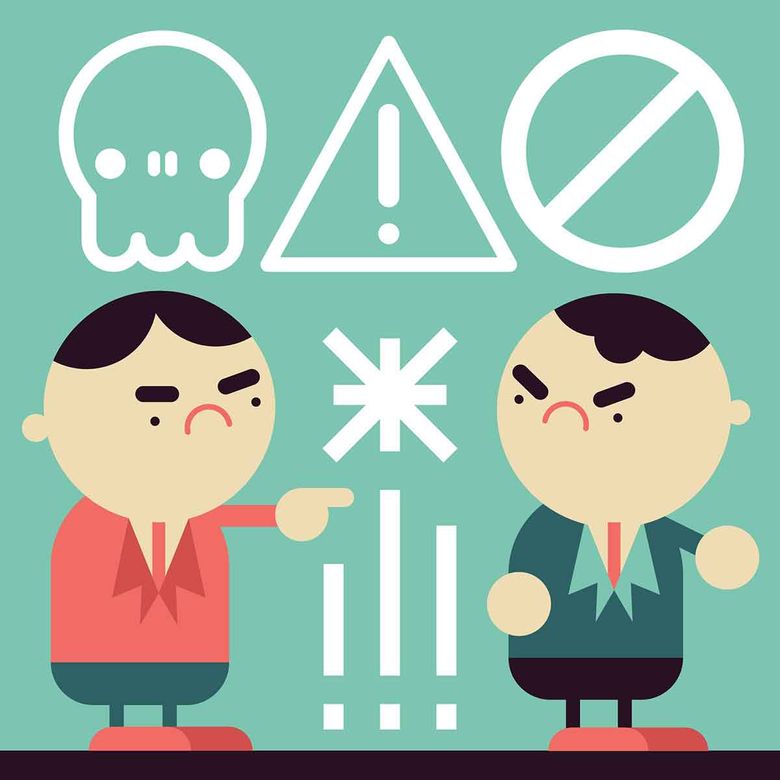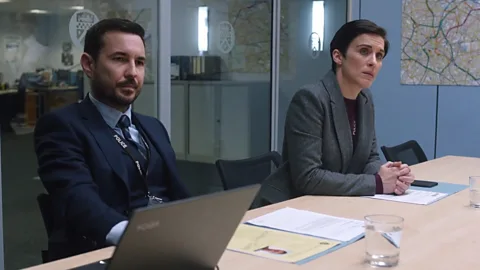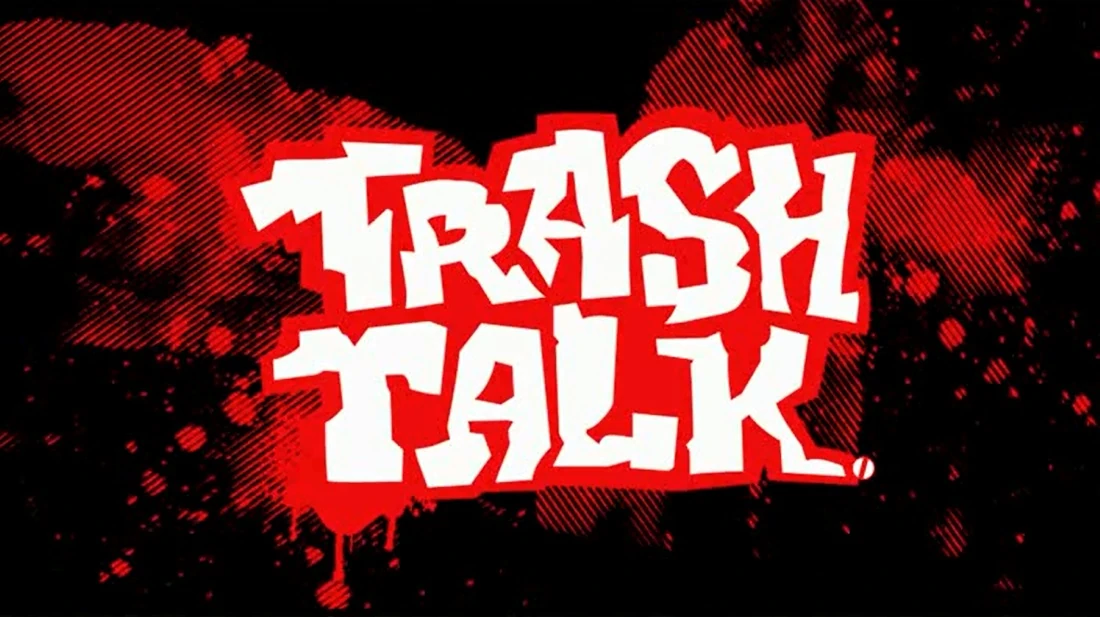The Case for Trash-Talking at Work, According to Research
Por um escritor misterioso
Descrição
Though executives are acutely attuned to the role of competition in the workplace, far less attention has been paid to the role of competitive communication — trash-talking. Trash-talking is pervasive in organizations. When researchers surveyed office employees at Fortune 500 companies, they found that 57% of the employees reported that trash-talking occurs on a monthly basis. Trash-talking increases the psychological stakes of competition and boosts the motivation and productivity of the target. However, because trash-talking boosts motivation and the drive to defeat an opponent, it can also promote the use of unethical behavior. Furthermore, trash-talking undermines creativity. Managers should understand these effects — and be careful the next time they decide to badmouth a competitor.

The Trashy Beginnings of “Don't Mess With Texas”, History

Curbing Trash Talk: Tips for Parents and Youth Athletes

How trash talking at work could wreck your career

Freedom – News, Research and Analysis – The Conversation – page 1

Confronting trash talk on your work team

Business culture in Spain: a guide to doing business

What is the future of the cop drama?

Implications of Using ChatGPT in the Workplace

Trash-talking: Competitive incivility motivates rivalry, performance, and unethical behavior - ScienceDirect
de
por adulto (o preço varia de acordo com o tamanho do grupo)







